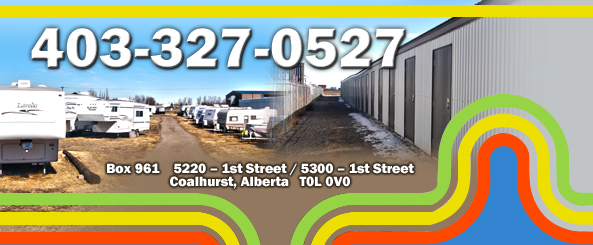|
Never store live animals, perishables, liquids, explosives, flammable liquids, or toxic materials. Propane tanks are not allowed to be in storage. Fuel should be drained from gasoline engines before storing.
No electrical appliances may be connected with any service outlets, unless prior arrangements have been made with our staff. A small fee will apply.
The goods you place inside a self-storage unit are your sole responsibility. Ask about information about insurers who provide low-cost insurance coverage for your property.
To provide proof of purchase on valuables in case of theft or damage, you may wish to keep the following with your inventory list:
. purchase receipts,
. canceled cheques or credit card receipts,
. owner’s manual or warranty,
. photographs, videos, or affidavits from third parties who have seen the property.
Self-storage doesn’t just offer solutions for storing standard items, but can also be a cost effective and secure way of storing recreational vehicles, boats or vehicles in general. This solution will suit virtually any type of recreational vehicle and is generally used most for the following:
|

